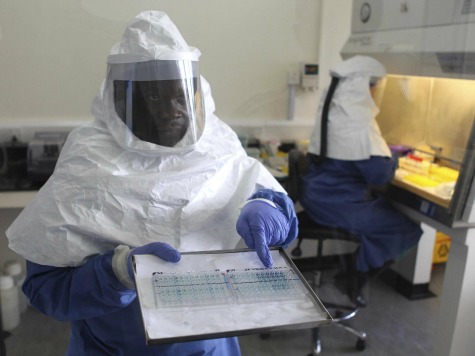
This morning’s key headlines from GenerationalDynamics.com
- WHO must respond to ‘unprecedented scale of humanitarian emergencies’
- Britain votes joins countries at war against ISIS
WHO must respond to ‘unprecedented scale of humanitarian emergencies’
The World Health Organization (WHO) plans on having to deal with onlyone Grade 3 humanitarian emergency every two to four years. Grade 3 is thehighest level emergency, with “substantial public health consequencesthat requires a… substantial international WHO response.”
However, WHO now finds itself dealing with five Grade 3 emergenciesat the same time:
- West Africa Ebola outbreak: 22 million people living in the three worst-affected countries – Liberia, Sierra Leone and Guinea – are at risk.
- Iraq: 20 million people affected, including 1.8 million who are internally displaced.
- Syria: 10.8 million people inside Syria, including 6.5 million people displaced within the country. Another 3 million people have fled the conflict to regional neighbors Lebanon, Turkey, Jordan, Iraq and Egypt.
- South Sudan: 5.8 million people need humanitarian assistance, including 1.3 million who have been displaced.
- Central African Republic: 2.5 million people are in need, including 425,000 displaced.
From the point of view of Generational Dynamics, the world is alsoexperiencing several major, high level geopolitical crises:
- The Mideast: Genocide and chemical weapons use by Syria’s president Bashar al-Assad; Gaza war; rise of The Islamic State / of Iraq and Syria (IS or ISIS); US, Britain, other countries all but declaring war on ISIS; Houthi takeover of Yemen.
- Ukraine: Russia’s invasion of Ukraine and annexation of Crimea.
- China: China’s annexation of other countries’ territories in the South China Sea; border conflicts with India.
- Pakistan: Government in chaos; massive floods; increased Taliban attacks; American withdrawal from Afghanistan.
Unfortunately, from the point of view of Generational Dynamics, thisis not surprising. Once World War II ended, the survivors made surethat nothing so horrible would ever happen to their children andgrandchildren, and they succeeded. But they’re disappearing fast, andthe generations that grew up after the war are like teenagers drivingdrunk. And also unfortunately, this trend will continue until theworld, once again, is in total war, according to the World Health Organization (WHO)
Britain votes joins countries at war against ISIS
After a seven-hour debate in the House of Commons, the MPs votedoverwhelmingly in favor of military action in Iraq by 524-43. Allthree parties supported the vote. Prime minister David Cameron didnot request a vote on air strikes in Syria, because he believed thatthe vote would be defeated.
Here’s a summary of all the countries participating in the war againstISIS:
- Syria airstrikes: Saudi Arabia, United Arab Emirates (UAE), Bahrain, Jordan. Qatar played a supporting role.
- Iraq jets/airstrikes: Australia, Belgium, Britain, Denmark, France, Netherlands.
- Iraq weapons/soldiers: Canada, Czech Republic, France, Germany, Italy, Albania, Estonia, Hungary.
Russia and Turkey are still talking it over, according to Daily Mail (London) and BBC and NBC News.
KEYS: Generational Dynamics, World Health Organization, WHO,Ebola, Iraq, Syria, South Sudan, Central African Republic,Islamic State / of Iraq and Syria/Sham/the Levant, IS, ISIS, ISIL,Bashar al-Assad, Gaza, Britain, Houthi, Yemen,Ukraine, Russia, China, South China Sea, India,Pakistan, Afghanistan
Permanent web link to this article
Receive daily World View columns by e-mail

COMMENTS
Please let us know if you're having issues with commenting.